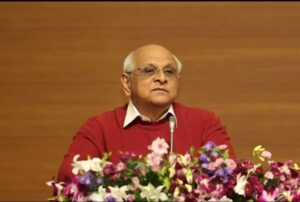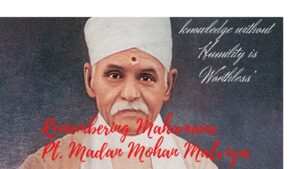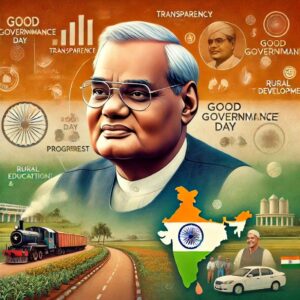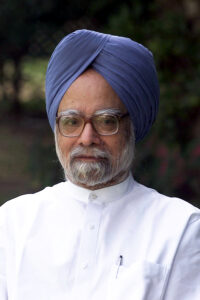Dr. Manmohan Singh: A Visionary Economist and Statesman Who Shaped Modern India
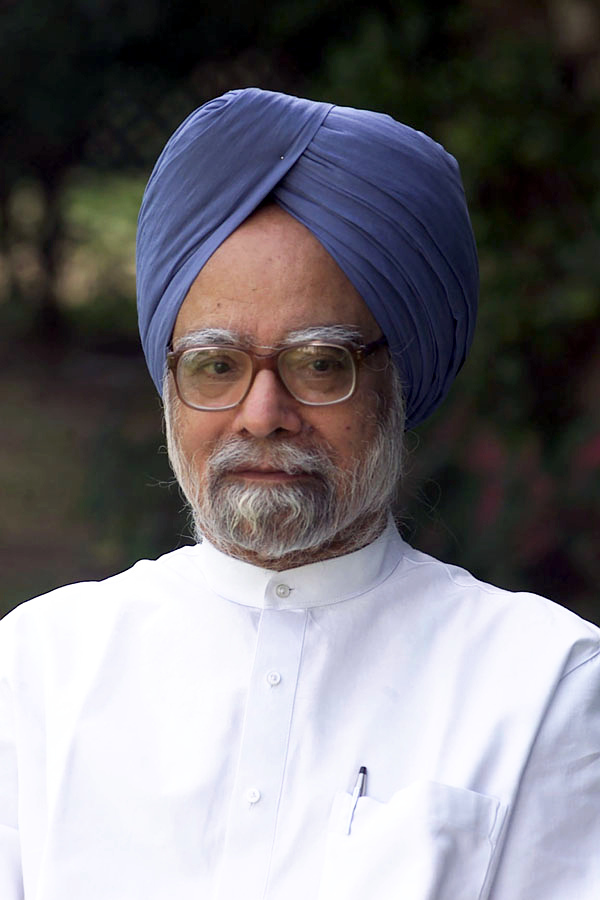
Dr. Manmohan Singh, the 14th Prime Minister of India, passed away on December 26, 2024, leaving behind a profound legacy as one of the most respected leaders in Indian history. Known for his integrity, intellect, and unwavering commitment to public service, Dr. Singh’s contributions to India’s political and economic landscape were instrumental in shaping the nation’s modern identity. His death marks the end of an era, and while the world mourns the loss of this statesman, his impact on India’s development will continue to inspire future generations.
Early Life and Education: Laying the Foundation of a Leader
Born on September 26, 1932, in Gah, a village now in Pakistan, Dr. Singh’s early life was shaped by the turbulent times of pre-partition India. His family, like millions of others, was forced to migrate to India following the partition in 1947. They settled in Amritsar, where Singh’s academic journey began. He excelled in his studies, particularly in the field of economics, which would define his career and future endeavors.
Singh graduated with a degree in Economics from Panjab University in Chandigarh, where he was recognized for his academic brilliance. His thirst for knowledge led him to further his studies at the University of Cambridge, where he earned a degree in Economics. Later, he pursued a doctorate in Economics from the University of Oxford, an achievement that positioned him as a scholar with deep expertise in economic theory and policy. Singh’s academic background set the stage for a career that would revolutionize India’s economic policies in the years to come.
A Stellar Career in Public Service
Dr. Singh’s professional journey began in the 1950s when he joined the Indian Government’s economic planning division. His early career in the Indian bureaucracy involved working in various capacities, including as a senior economist at the Reserve Bank of India (RBI) and as the Chief Economic Advisor to the Government of India. His rise to prominence came in the early 1990s when India faced a severe balance of payments crisis.
In 1991, at a time when India’s economy was on the brink of collapse, Dr. Singh was appointed as the Finance Minister in the government of Prime Minister P.V. Narasimha Rao. This marked a turning point in his career, as he played a pivotal role in orchestrating India’s economic liberalization. Faced with a dire economic situation, Singh spearheaded a series of reforms that aimed to open India’s economy to the world. These reforms included reducing import tariffs, dismantling state monopolies, encouraging foreign investment, and privatizing state-owned enterprises. These measures, often referred to as the “Manmohan Singh reforms,” laid the foundation for India’s rapid economic growth in the years that followed.
Singh’s policies helped transform India into one of the fastest-growing economies in the world, bringing the country out of economic stagnation and into a period of unprecedented growth. The liberalization measures introduced in the early 1990s gave rise to a new middle class, boosted the IT sector, and positioned India as a global player in the world economy. Singh’s tenure as Finance Minister earned him recognition both in India and abroad as a visionary economist who was willing to take bold decisions in the face of adversity.
The Prime Ministership: A Leader at the Helm
In 2004, Dr. Singh was appointed as Prime Minister of India, following a surprise victory by the Indian National Congress in the general elections. His tenure as Prime Minister lasted for a decade, from 2004 to 2014, and was marked by both significant achievements and challenges. As a leader, Dr. Singh was known for his calm demeanor, measured approach, and a strong commitment to the idea of a democratic India.
Under Dr. Singh’s leadership, India continued to experience rapid economic growth. His government focused on key sectors such as education, healthcare, infrastructure, and rural development, with the aim of creating a more inclusive and equitable society. Singh’s government introduced numerous programs aimed at lifting millions out of poverty, such as the National Rural Employment Guarantee Act (MGNREGA), which guaranteed employment to rural households, and the Right to Information Act, which sought to promote transparency in government functioning.
Singh also played a crucial role in strengthening India’s foreign relations. His government made significant strides in improving ties with neighboring countries, while also expanding India’s global influence. Perhaps one of the most notable achievements of his foreign policy was the civil nuclear deal with the United States in 2008, which enabled India to access nuclear technology and energy, a key step in establishing India as a global power.
However, Dr. Singh’s tenure was also marred by controversies. Despite his reputation as an economist, his government faced accusations of corruption and mismanagement, particularly during the second term of his office. Scandals such as the 2G spectrum scam and the Commonwealth Games scam tarnished his government’s image and led to growing disillusionment among the public. Despite these challenges, Dr. Singh maintained his integrity and continued to work toward his vision of a prosperous India, although his leadership came under increasing scrutiny.
Challenges and Legacy
Dr. Singh’s leadership faced several political and economic challenges. The global financial crisis of 2008 tested his government’s ability to maintain India’s growth trajectory. While the Indian economy was impacted by the crisis, Singh’s prudent economic policies helped mitigate the worst effects, and India emerged from the crisis relatively unscathed compared to many Western economies.
On the domestic front, Singh faced opposition from both within and outside his party. The Congress Party’s declining popularity, combined with internal dissent, made it increasingly difficult for him to push through key reforms. The 2014 general elections marked the end of his political career as the Indian National Congress was defeated by the Bharatiya Janata Party (BJP) under the leadership of Narendra Modi. Despite his party’s defeat, Dr. Singh’s contributions to India’s growth and development were widely acknowledged, even by his political opponents.
Dr. Singh’s tenure as Prime Minister left an indelible mark on India’s economic and political landscape. His reforms not only transformed India into a major global economy but also empowered millions of Indians by improving their standard of living. His leadership, marked by a commitment to social welfare and inclusive growth, remains a significant chapter in the history of Indian politics.
A Life of Integrity and Service
Beyond his political and economic achievements, Dr. Manmohan Singh was known for his personal integrity, humility, and devotion to public service. Throughout his career, he maintained a reputation for being a man of principle, untainted by the scandals that often plagued Indian politics. His calm, cerebral approach to governance and his refusal to engage in political drama made him a respected figure across the political spectrum.
Dr. Singh’s leadership style was not one of confrontation but of quiet persuasion. His ability to work across political divides and maintain dialogue with various stakeholders, even in the most challenging times, earned him admiration from leaders around the world.
His passing marks the loss of not just a politician but a mentor, a visionary, and a man who changed the course of India’s history. Dr. Singh’s contributions will continue to resonate for years to come, and his legacy as a transformative figure in Indian politics and economics will never be forgotten.
As India mourns the loss of this remarkable leader, the nation can take solace in the knowledge that Dr. Manmohan Singh’s work laid the foundation for India’s rise as a global power. His vision for a prosperous, inclusive, and peaceful India remains a guiding light for future generations of leaders.
Conclusion
Dr. Manmohan Singh’s life and career will forever be remembered as a testament to the power of intellect, integrity, and dedication to the public good. He rose from humble beginnings to become one of India’s most respected leaders, a visionary economist who helped steer the country through one of its most transformative periods. His death represents the end of an era, but his influence will continue to shape India’s future for decades to come.

